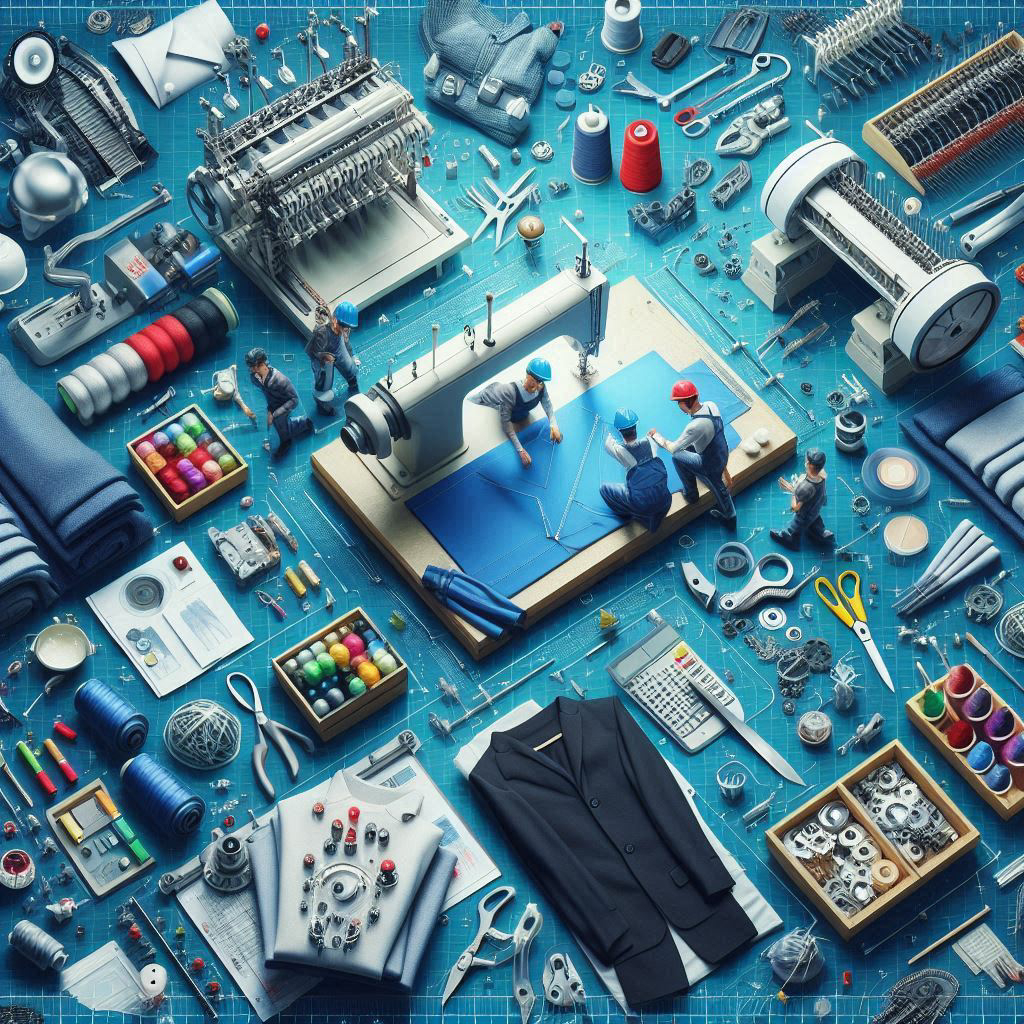✅Increased Efficiency: Industrial engineers analyze and optimize processes, systems, and workflows to eliminate inefficiencies and reduce waste. They focus on improving productivity, minimizing downtime, and enhancing resource utilization, leading to increased efficiency in operations.
✅Cost Reduction: Industrial engineers identify cost-saving opportunities by streamlining processes, eliminating unnecessary steps, and optimizing resource allocation. They can analyze the use of labor, materials, and equipment to identify areas where costs can be reduced without sacrificing quality.
✅Quality Improvement: Industrial engineers implement quality control techniques and develop quality management systems to ensure products and services meet or exceed customer expectations. They design and implement quality assurance processes, conduct statistical analysis, and identify opportunities for process improvements to enhance overall product quality.
✅Workforce Optimization: Industrial engineers evaluate work methods, job designs, and labor allocation to optimize workforce utilization. By analyzing workloads, skill requirements, and task assignments, they can ensure the right people are in the right roles, reducing labor bottlenecks and improving overall productivity.
✅Ergonomics and Workplace Safety: Industrial engineers consider ergonomic principles when designing workspaces and processes to ensure employee safety, comfort, and well-being. They assess workplace hazards, implement safety protocols, and design equipment and tools that minimize physical strain, reducing the risk of workplace injuries.
✅Supply Chain Management: Industrial engineers play a crucial role in optimizing supply chain operations. They analyze inventory management, logistics, and transportation systems to identify bottlenecks and develop efficient strategies for inventory control, material handling, and distribution, leading to cost savings and improved customer satisfaction.
✅Data Analysis and Decision Making: Industrial engineers use data-driven approaches and mathematical modeling techniques to analyze complex systems and make informed decisions. They leverage their expertise in statistical analysis, simulation, and optimization to support strategic planning, forecasting, and resource allocation, enabling businesses to make data-backed decisions.
✅Process Innovation and Automation: Industrial engineers are at the forefront of process innovation and automation. They identify opportunities for implementing new technologies, robotics, and automation systems to streamline operations, reduce manual labor, and enhance overall productivity and competitiveness.
Overall, industrial engineering provides organizations with the expertise to optimize their operations, improve productivity, reduce costs, and enhance quality and safety. By leveraging industrial engineering principles and techniques, businesses can gain a competitive edge and achieve sustainable growth in today's dynamic marketplace.



No comments:
Post a Comment